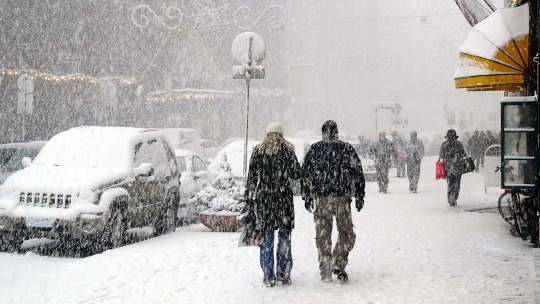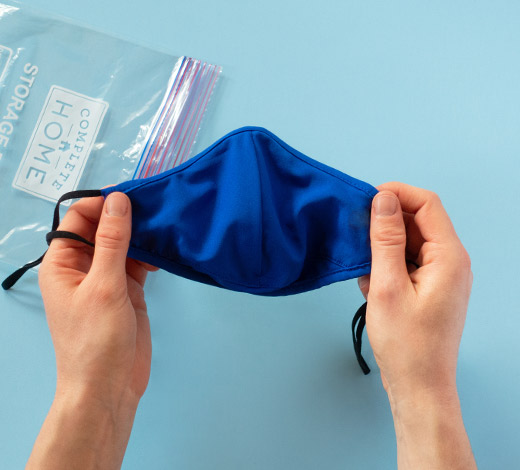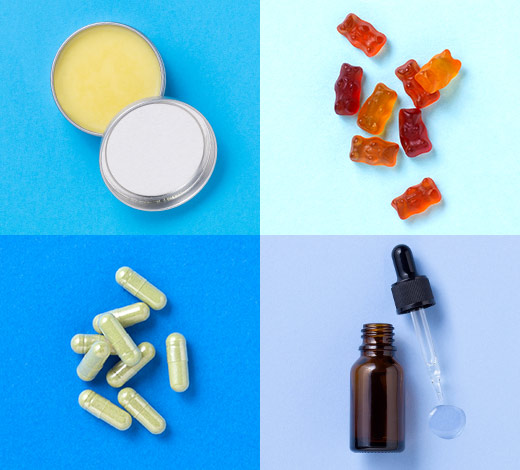

With much of the country grappling with extremely cold weather, staying warm and safe can be a challenge. Now is a good time to get ready for the health effects of cold snaps—and how to prevent them.
Hypothermia is a real danger.
Hypothermia is a medical emergency that happens when your body loses heat faster than it can produce heat. Your body temperature drops to an abnormally low temperature from cold weather or even chills from the rain, and if left untreated, can lead to fatal heart failure. Uncontrolled shivering, exhaustion, confusion, memory loss, slurred speech and drowsiness are common symptoms. Infants with hypothermia may have bright red, cold skin or very low energy.
In addition to those who spend long periods of time in cold weather, others at high risk for hypothermia are older adults, babies, children and people under the influence of alcohol. Those showing signs of hypothermia need immediate medical care and warmth.
Watch out for frostbite.
Frostbite is freezing of a body part that causes a loss of feeling and color. Fingers, toes, tip of nose and ears are at highest risk of frostbite, which can lead to permanent damage. People with frostbite need medical care and warmth.
What else can you do to prepare for severe cold?
- Bundle up and stay dry.
- Never use generators, grills, camp stoves or similar tools inside your home, basement, garage or camper. Carbon monoxide poisoning can kill. Set up and check carbon monoxide detectors along with your smoke detectors.
- Protect your pets—they can also get frostbite and hypothermia. Keep them safe from cold weather and have fresh water on hand. Be sure to clean off snow and ice from their paws and fur after they’ve been out in the rain, snow or ice.
- Check with family members and neighbors—especially the elderly—to make sure they’re keeping warm.
- Prepare emergency kits for your home, car and workplace. Ready.gov suggests you include at least a three-day supply of these items:
- Cell phone with chargers, inverter or solar charger
- Water for drinking and sanitation (one gallon per person per day)
- Non-perishable food
- Hand-operated can opener for canned food
- Medications or prescriptions – especially for those with ongoing conditions
- Battery-powered or hand-crank radio and a National Oceanic and Atmospheric Administration Weather Radio with tone alert and extra batteries for both
- Flashlight and extra batteries
- First aid kit with bandages, gauze etc.
- Whistle to signal for help
- Moist towelettes, garbage bags and plastic ties for personal sanitation
- Wrench or pliers to turn off utilities
Stay tuned to emergency updates by radio, television, internet or cell phone. Getting trained in first aid is another step you can take to keeping you and your loved ones safe during the winter.
Be well, stay well~
Pharmacist Andy
Andy Stergachis, Ph.D., R.Ph. is the Director of the Global Medicines Program at the University of Washington in Seattle and a subject expert on public health and pharmacy-related topics.


